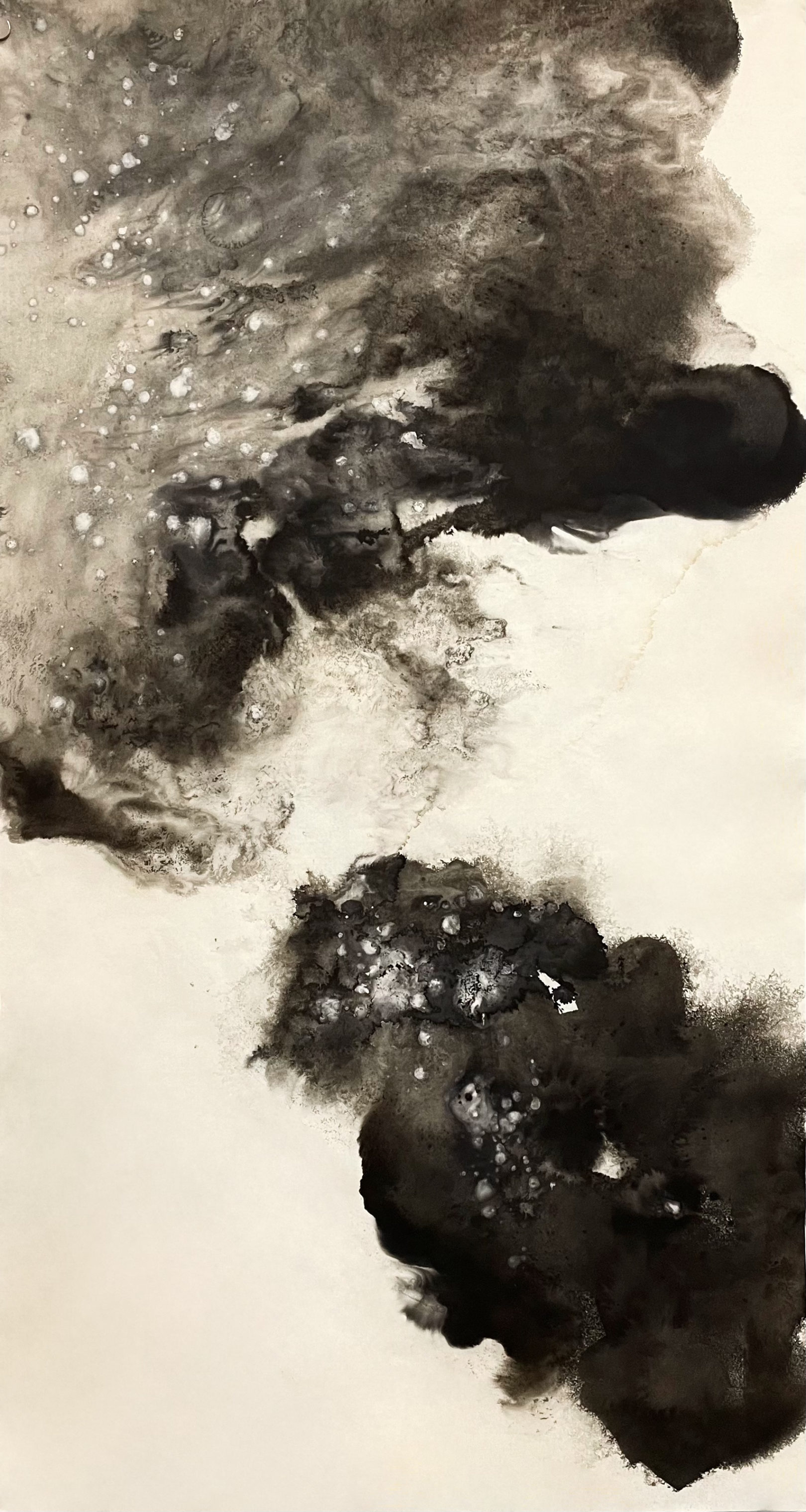Fluid Earth is exploring new and flexible ways in which we can interpret the earth’s environment. Showing the results of the fifth annual GroundWork artists in residence programme, we are looking at how humans, non-humans and the earth can interact in less extractive ways. The word ‘fluid’ can be applied in so many ways. Most obviously it refers to the flowing nature of matter, in our case, of water, sand and mud. But fluid can also refer to attitudes, being flexible, open to ideas. And also we can be fluid about our identities, both in terms of the kind of culture we choose to be part of, and how we might define ourselves, or not, in terms of gender.
A fluid earth is ever shifting
A Fluid Earth can represent an ideal utopian state, or it can be ever shifting and ill-defined. Above all, for a group of artists and art-minded people concerned with the environment, a Fluid Earth is a well-treated one. A Fluid Earth is one that will repay sensitive approaches to its management and interpretation with the ability to regenerate, rewarding care with abundance. However, a Fluid Earth can also be one that is prone to disappearance, to evaporation, to erosion. It can be elusive, evading our attempts to understand it. All we can hope for is that we humans can develop fluidity ourselves, so that we can curb our acquisitive desires to extract resources and to adapt our ways of life to find alternatives. Being fluid enough to live with a lighter touch on a fluid earth might increase our chances of survival. What we intend to offer here as our project develops are some ways in which creativity can help us to rethink what fluidity on fluid earth means.
Cover image: Shanshan Jiang Flow Field #1
We are pleased to acknowledge support from the East Anglia Art Fund for this exhibition
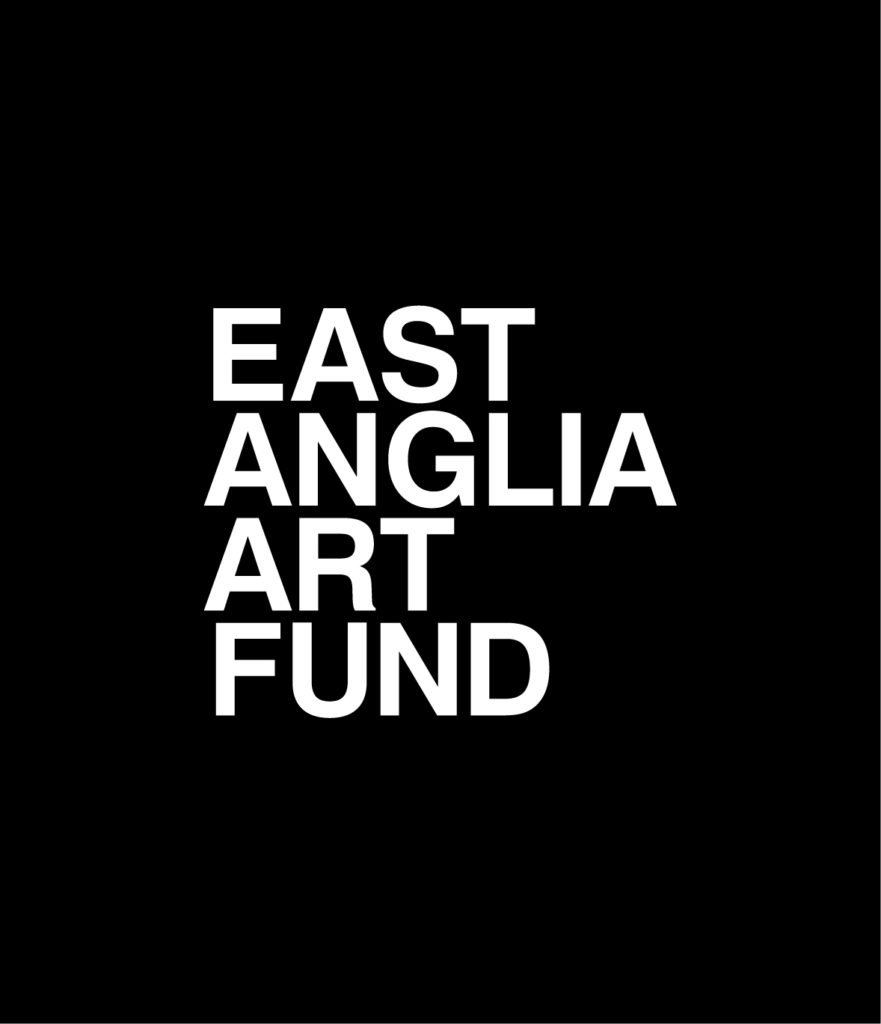
Artists
Liz Ballard, Susan Brinkhurst, (CWxWC), Matt Green, Caroline Forward, Shanshan Jiang, Isaac Oloche Johnson, Liz McGowan, Bridget McKenzie, Louis Neale, Mahmood Pouyandeh *, Sean Savage-Ferrari, Sabīne Šnē, Rosa Whiteley, El Witley, Michelle Wood
*contributing remotely
Works illustrated below are not the works which will be exhibited but examples of previous work by each artist. Text is adapted from the texts they sent with their residency applications and will change as the project develops over the summer.
Liz Ballard
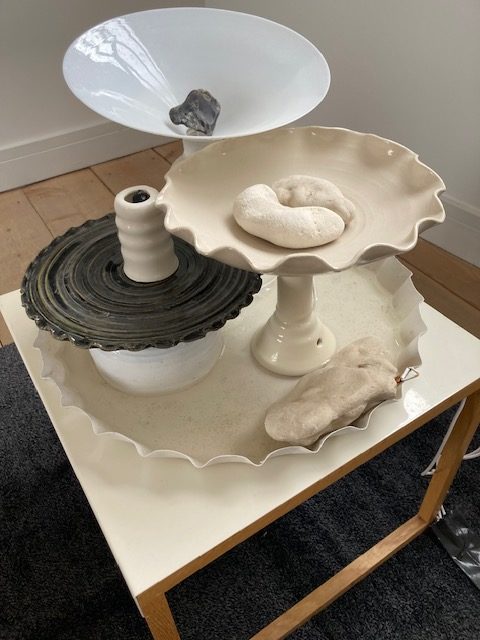
Based in Norfolk Liz Ballard has a long-standing interest in water and rivers, having explored for over ten years the resourceful and communal aspects of water harvesting. Liz has also become acutely aware of ecological issues internationally through her work with the Cambridge Conservation Initiative on their International arts, science and conservation residency programme. For her Fluid Earth Liz aims to explore how water leisure features can better benefit nature. Her work is often site-specific using humble or found materials and resources. She plans to use multi-sensory research methods to listen, watch, smell and gather data about water environments and attitudes and behaviours of humans and non-humans around them.
Susan Brinkhurst
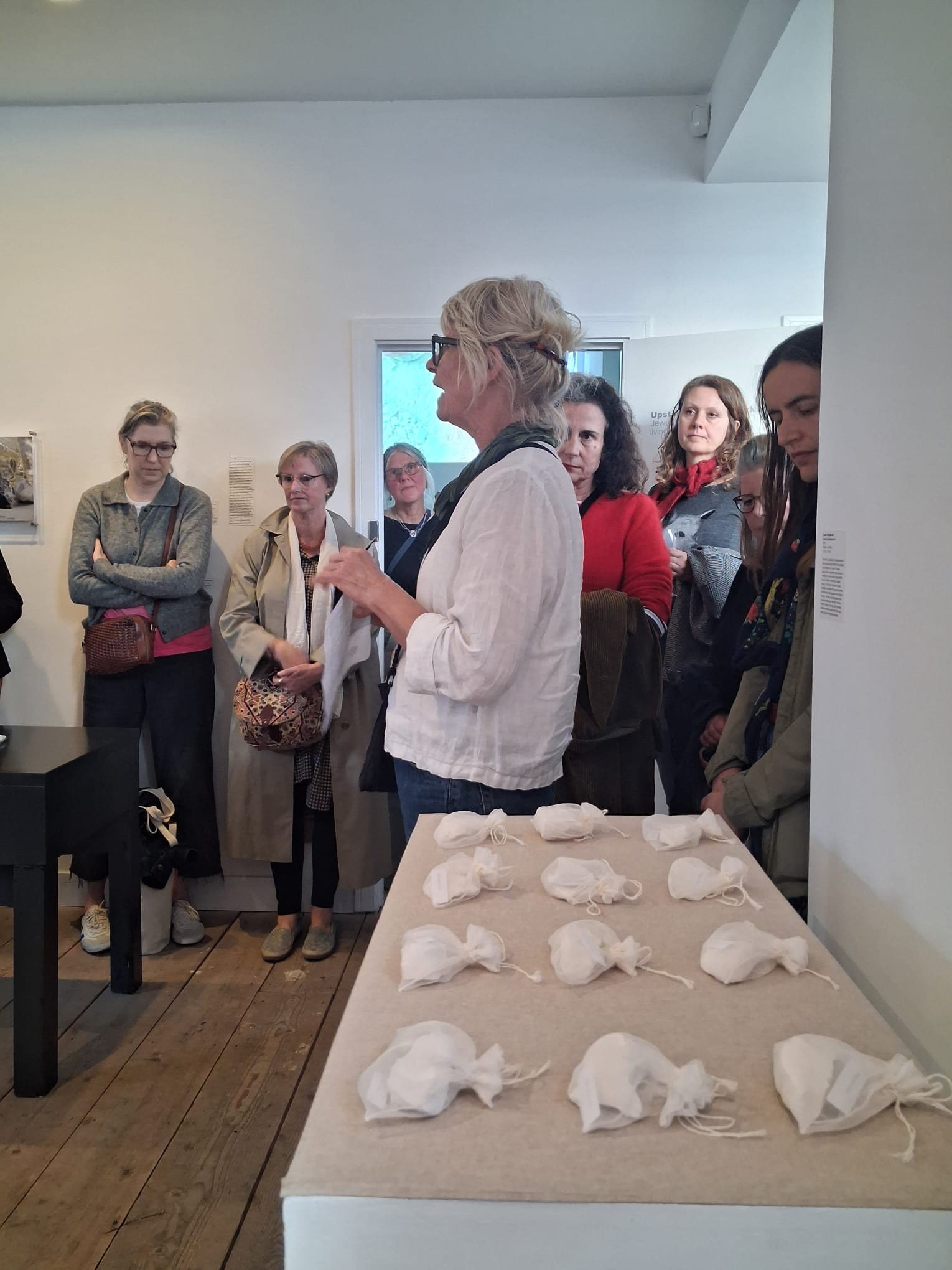
As she observes environmental change on her daily walks, how river walls collapse, how flooded meadows transform to tidal mudflats, Susan Brinkhurst is aware of its vulnerability, yet within apparent destruction the shifts can bring new beauty as nature adapts. She is equally drawn to the pragmatic human need to find beauty within change. Just as the natural world finds new ways to survive and thrive with flooding and temperature increase, humans must also learn to adapt. She intends to develop her own understanding of different landscapes as they respond to human intervention and in how they effect our relationship to them. Exploring the Norfolk coast, estuaries an chalk rivers and their relationships to human, animal and insect migration and adaptation.
https://www.susanbrinkhurst.com
(CWxWC)
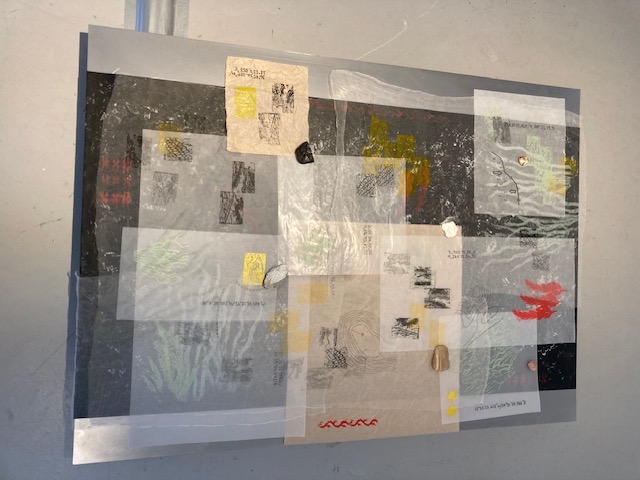
(CWxWC) is the collaborative project of artists, educators, and activists, Dr Cecilia Wee and William Crosby. Their shared experiences are central to their fundamental concerns with how sound moves and operates between communities and the ecological, between the human and more-than-human, to conjure the conditions under which critical, expansive, and respons-able listening can become embedded into everyday practices of coming together. Their work seeks to sound out an investigation into re-tuning the politics of listening within multiple cultural, social, economic, and environmental crises. Together, they bring thousands of hours of experience of making radio, interviewing, performing, composing, convening spaces for organising and dialogue, and extensive experience of pedagogical contexts.
Dr Cecilia Wee is Tutor at the School of Communication, Royal College of Art. William Crosby is lecturer in music, sound, and media at Anglia Ruskin University, and PhD student at Creative Research in Sound Arts Practice (CRiSAP), University of the Arts, London.
Matt Green
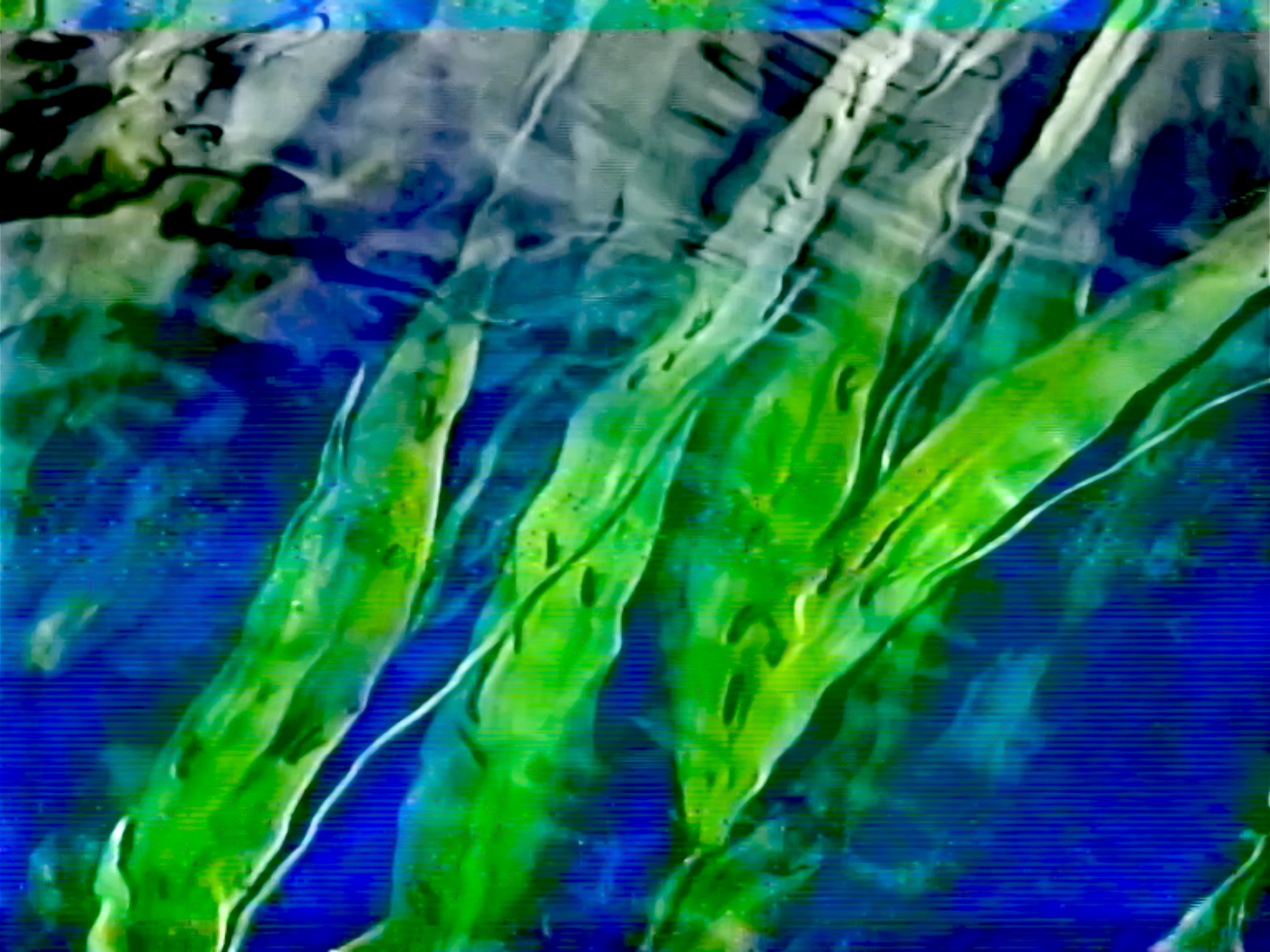
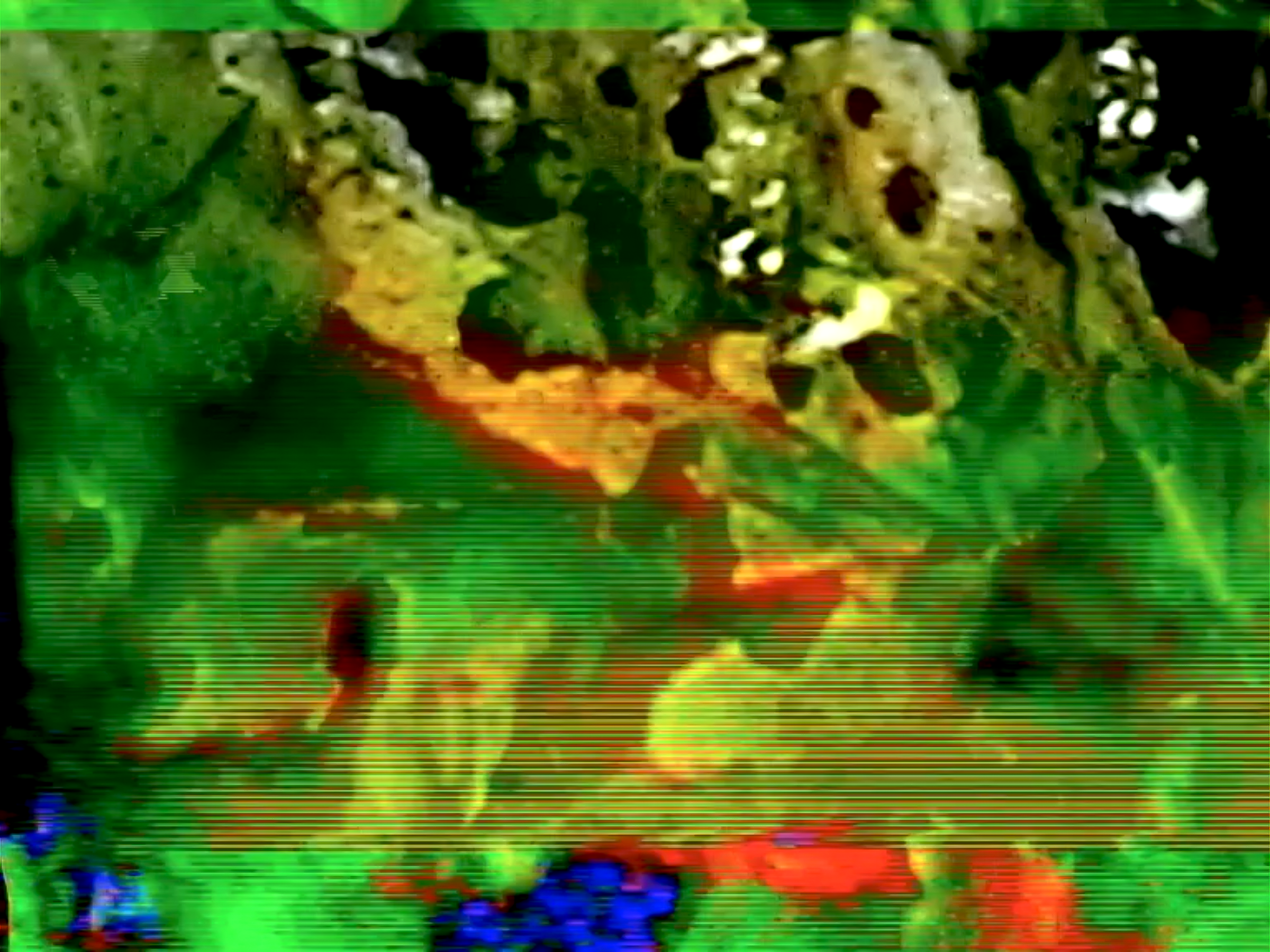
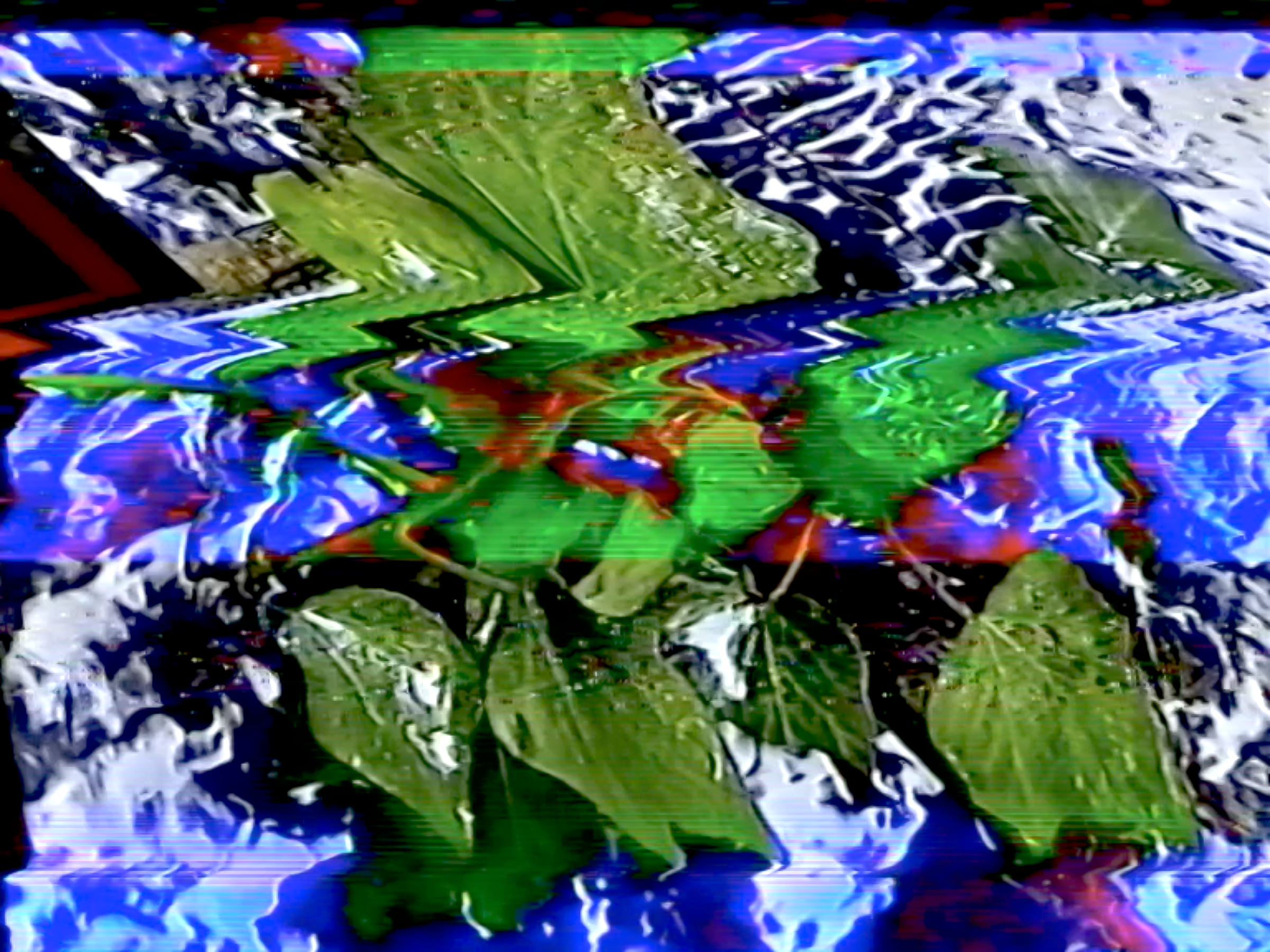
Passionately concerned with the environment throughout his work, Matt Green has been engaged in innovative layered sound and image works about waterways and rivers. He was lead artist for Tolka Nights (2015) presenting through public events the under-explored, polluted, and prone-to-flooding Tolka River which runs through Dublin. He intends to continue to develop a collage method, assembling materials from fieldwork in Norfolk. His own queer-ness will bring a deeper perspective that he wants to pursue, equating queer theory with his artistic methods, giving him a framework to explore how queerness, ecology and experimental trans-media collage can interact meaningfully within creative practice.
Caroline Forward
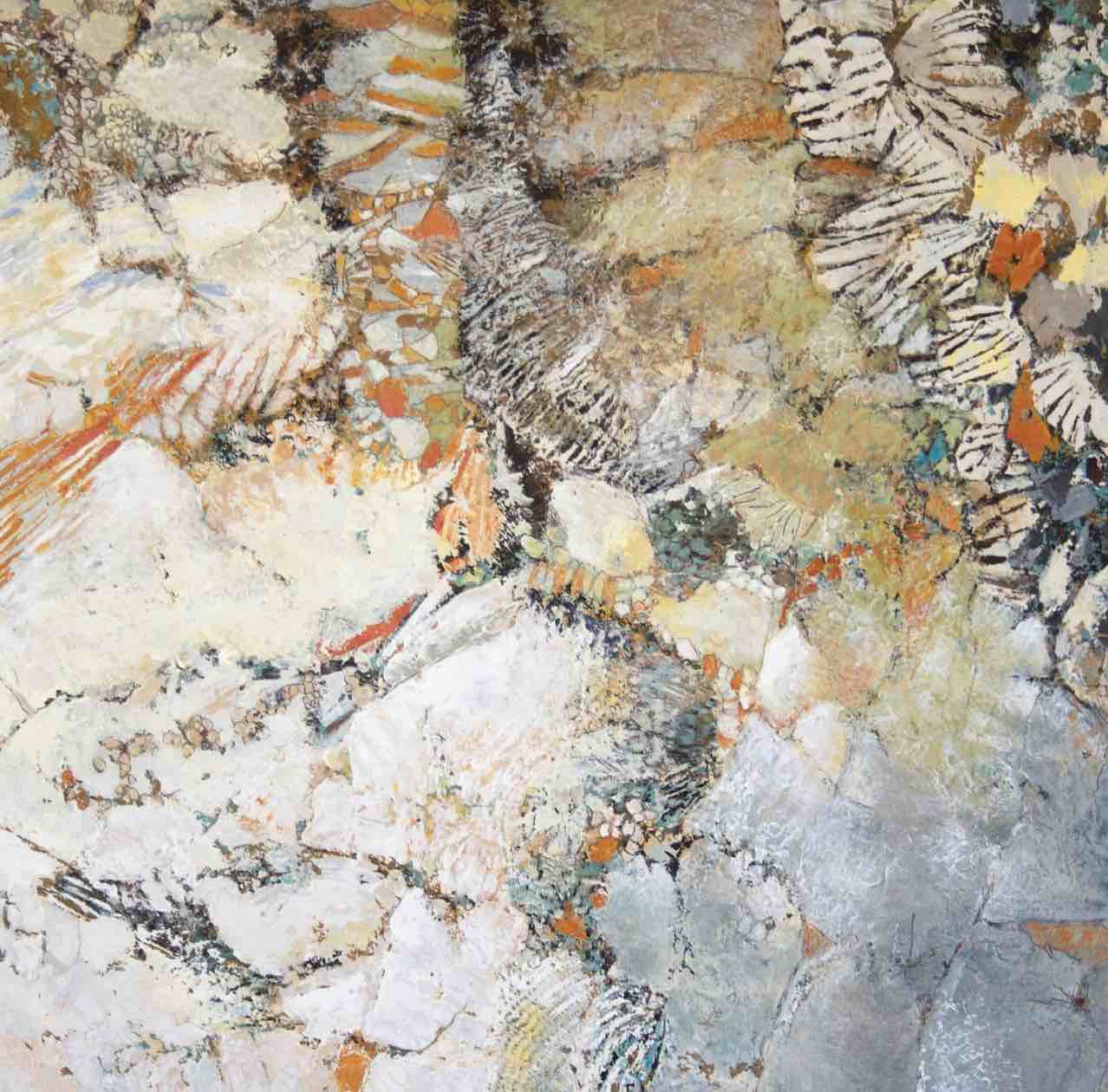
Caroline Forward trained and has practised as a painter and art therapist, working with vulnerable children and adults through art. Her interest in Fluid Earth stems from her concerns with coastal erosion. Her perspective is shaped by comparative study: observing shared fragilities, vulnerabilities, resilience and elemental beauty of the coastlines of Norfolk, Costa Rica and Maio Island, Cape Verde. She aims to look at how land and materials physically reintegrate after disruption and deposition. Emotionally she intends to examine what it takes to be connected, interconnected and to belong, whether physical, emotional, cultural, historical or a combination.
https://www.carolineforward.co.uk
Shanshan (Anne) Jiang
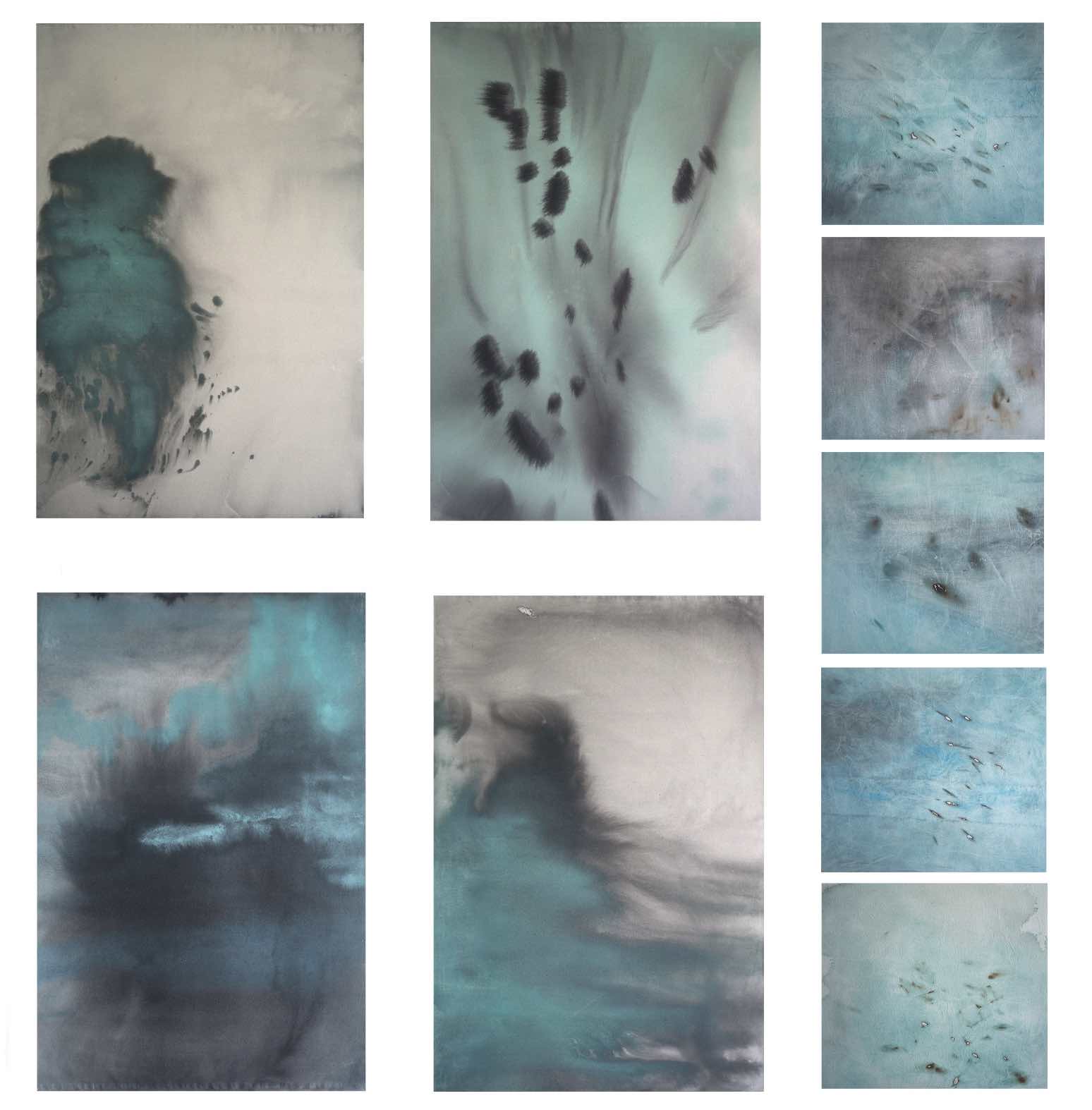
Shanshan Jiang’s practice lies at the intersection of art, ecology and cultural identity with a particular focus on water as a sentient, conscious presence. Through a fluid multisensory approach, rooted in both classical Chinese ink traditions and contemporary New Materialist thought, Shanshan challenges anthropocentric norms by allowing water to ‘observe’ and influence our human activities. This perspective addresses extractivism and environmental degradation and also speaks to the complex intersection of social and cultural factors in shaping our shared future. Shanshan intends to continue to expand her research into the ontology of water through artistic exploration, interdisciplinary dialogue and community engagement.
Isaac Oloche Johnson
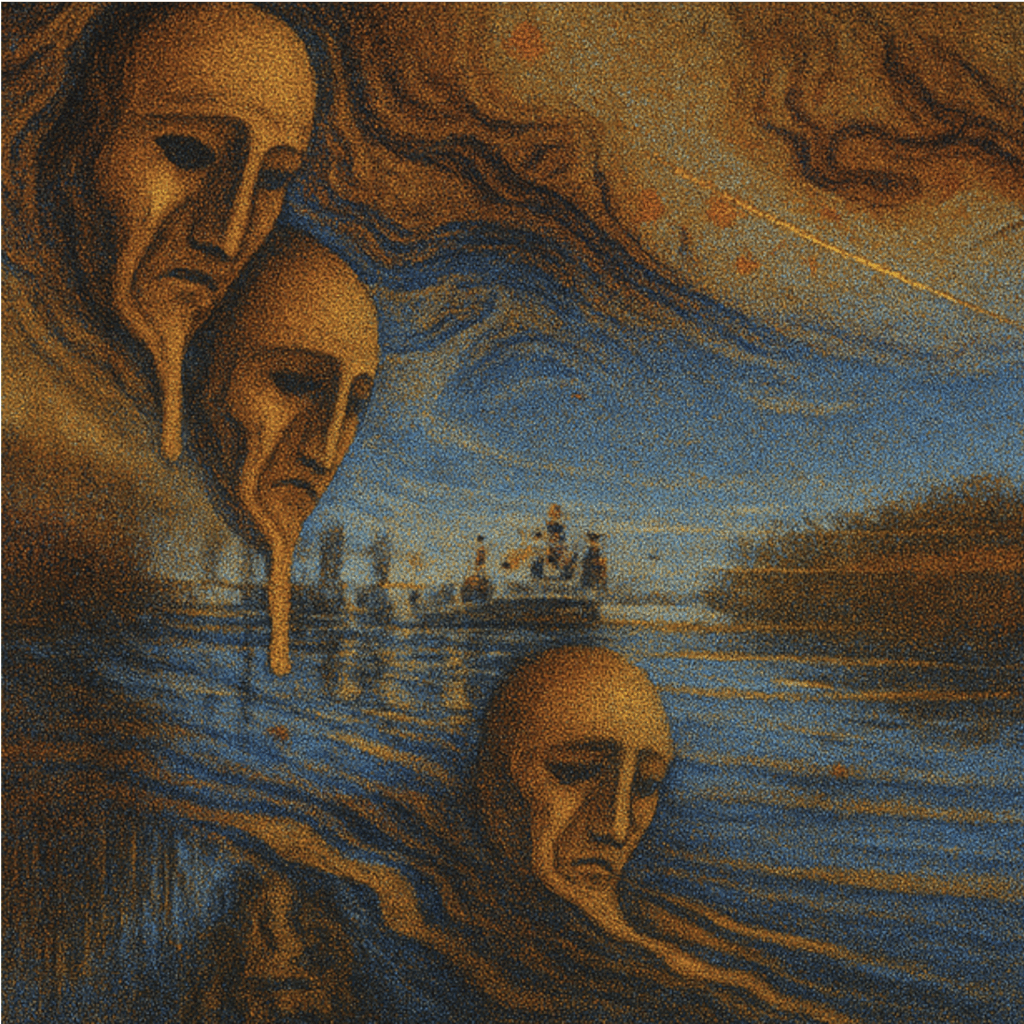
Isaac Oloche Johnson describes himself as a code artisan. Offering a fresh technologically driven approach to engaging with environmental and social themes, Isaac Oloche Johnson has qualifications and experience both in applied psychology and computer science. He crafts immersive digital realms, blending tradition with technology. With a passion for African crafts and artistry, Isaac aims to redefine spatial understanding and enable innovative aesthetic approaches. As a recent Dreaming New Worlds Fellow at the Goethe Institute Nigeria, he explored the intersection of technology and artistry. His research project and interactive exhibition ‘We were here’ reimagined the act of excavation including cultural memory, identity and lost histories, to explore how extractivism affects physical and cultural landscapes. He is specially interested to pursue further projects in connection with Igbo African communities, inspired by traditional Igbo philosophies of nature and resource use Isaac aims to create a dynamic participatory digital archive that explores extractivism through Igbo cultural frameworks aiming to tell layered stories of land, loss and resilience.
Liz McGowan
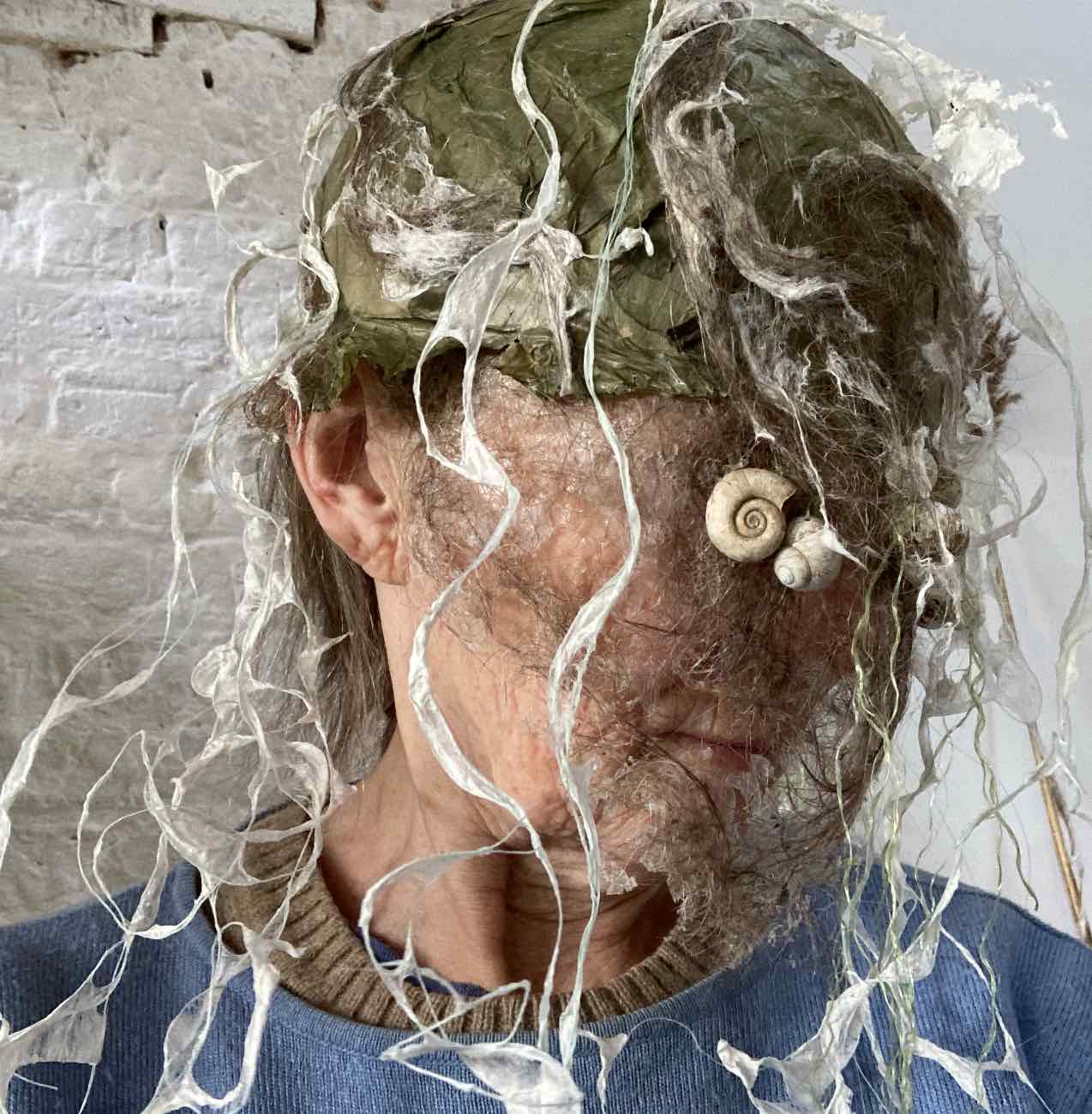
Highly experienced in working, mainly in Norfolk, as an environmentally attuned artist, Liz McGowan’s work explores her personal and spiritual connection to the land, its habits and the materials it comprises. She works in conversation with her materials and their contexts, which might be reed beds, salt marsh, coast and tide-line. For recent work she has explored wearing the landscape like a skin, heightening the visceral connection we all have to our surroundings. She also explores though her work our accountability for some of the environmental problems the world faces. This includes her own culpability, for example, using soot from her chimney as a medium alongside fragile elements of the more than human world.
Bridget McKenzie
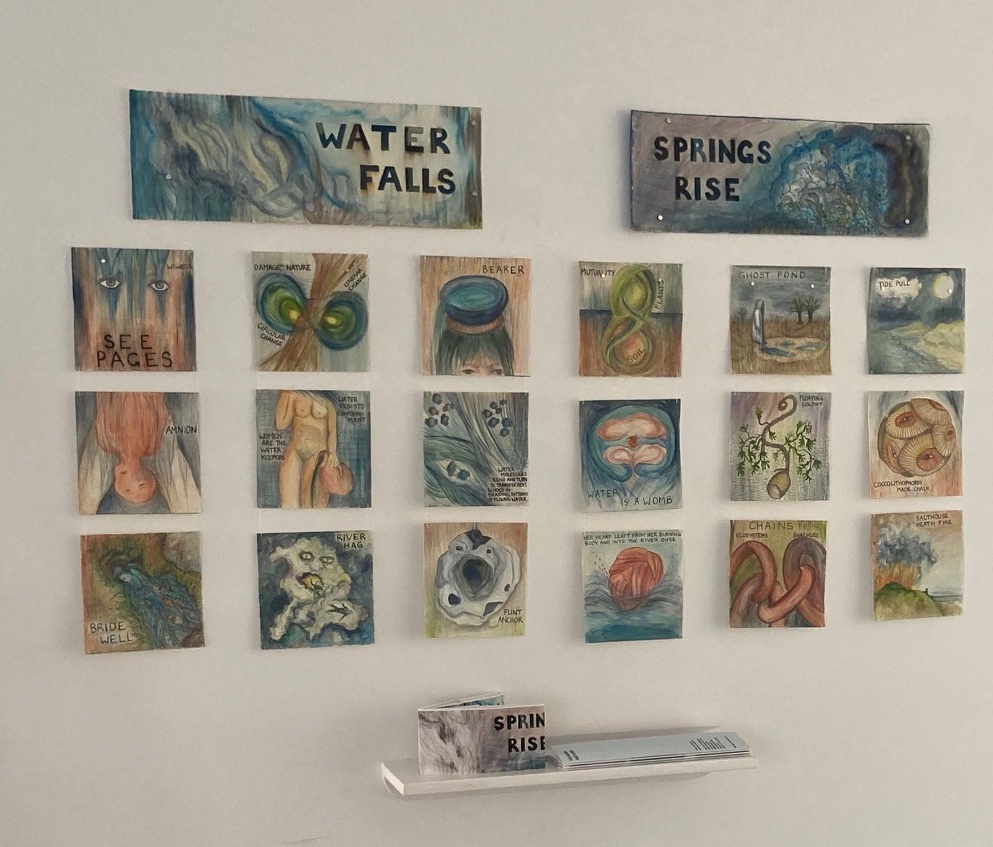
Bridget McKenzie trained as an artist and art-historian, and is very practised as an educator and climate-activist. A founder of numerous climate-active organisations, including Flow Associates, a research consultancy in creative learning; Climate Museum UK (2018) a community of artist-practitioners and Culture Declares Emergency (2019) a pressure group which has over 2000 individual and institutional members. She has been exploring the questions posed by Fluid Earth and its wider extractive context extensively and seriously for almost ten years. Bridget is interested in the challenging edges of public discourses about environmental interventions and how anti-ecological discourses are culturally shaped. She has developed a thoughtful practice of arts-led place-based conversations to enable regenerative thinking and is keen to integrate these with her visual arts practice.
Louis Neale
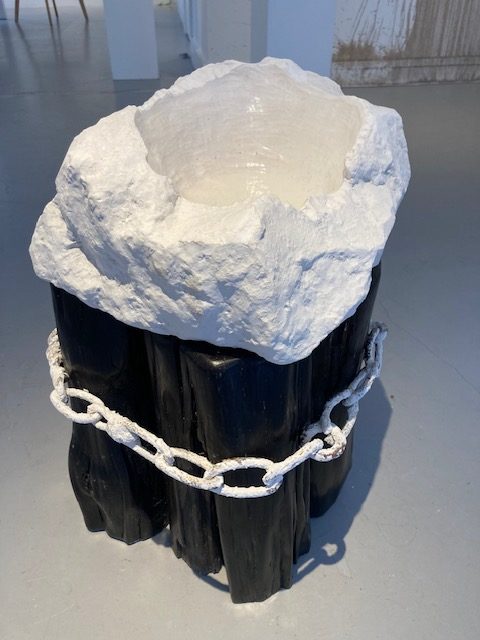
Using locally available natural resources, Louis Neale has been exploring ecological remediation through foraging, traditional knowledge and cultural heritage. At the core of his work is the belief that recognising our place within nature is vital to our collective evolution. Growing up in a remote area has taught him to value human and ecological connections. He has been facilitating workshops, especially with vulnerable people, to help them to reconnect and be grounded in the calmness of creativity within their environment. Deepening the connection between people and place is important part of his practice, as is developing multidisciplinary understanding and using craft skills.
Mahmood Pouyandeh (contributing remotely)
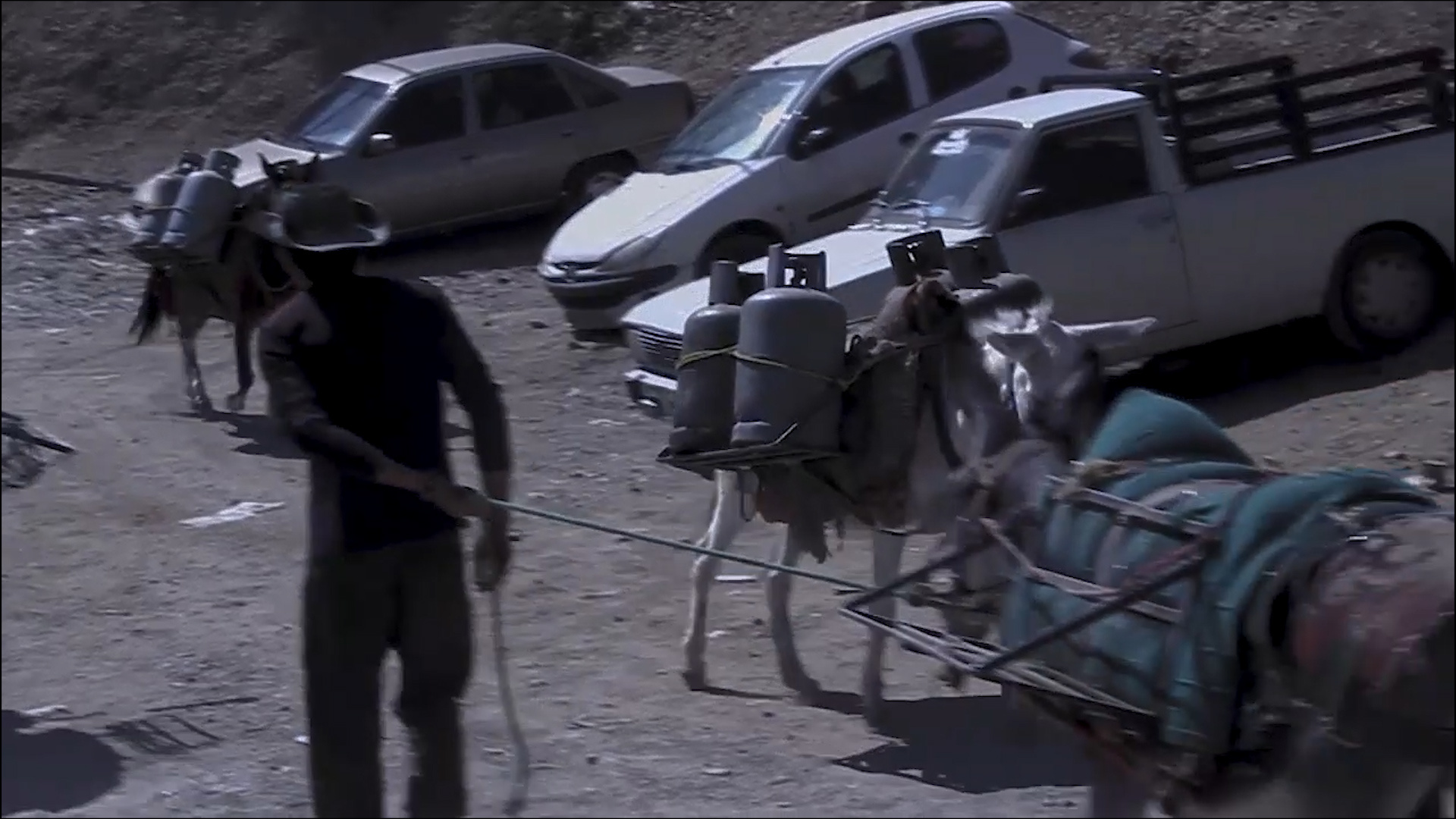
As a film-maker based in Iran, Mahmoud’s main concerns are with the environment and human rights. His two short films, Stratosphere and British Passport tackle these issues also in terms of class, women’s rights and geopolitics. They have won awards internationally, and have been shown in film festivals and competitions in London, New York, Madrid; Kazan, Russia; and Montevideo Uruguay; Lucania, Italy. He believes we need to find a language for peaceful co-existence to save the planet, regardless of politics or ethnic religious or national boundaries.
For the residency project Mahmood made a short film for us. He says:
“This film is an adaptation of Robert Bresson’s masterpiece Au Hasard Balthazar, and I hope you like my short documentary. The story of this short documentary takes place in the northernmost, most mountainous and most rural part of the Iranian capital, Tehran, the Darakeh neighborhood. There are many cafes and restaurants, but there is no possibility of any vehicles. Hossein, a resident of Darakeh, and Najib, an Afghan immigrant, use donkeys to carry goods, food and gas cylinders to cafes and restaurants, and this is how they make a living.
I made this short documentary with restrictions and secrecy due to the security conditions after the war between Iran and Israel, which is why the quality of the filming is a little low because our team was small and we could not bring our professional equipment with us due to the lack of permission. Therefore, please accept my apology that the quality of this documentary is not like my previous films, but I wanted to deliver a project to you as best I could for the end of the Earth Fluid Residency.”
The film is on show on a monitor in the gallery.
https://filmfreeway.com/MahmoodPouyandeh
Sean Savage Ferrari
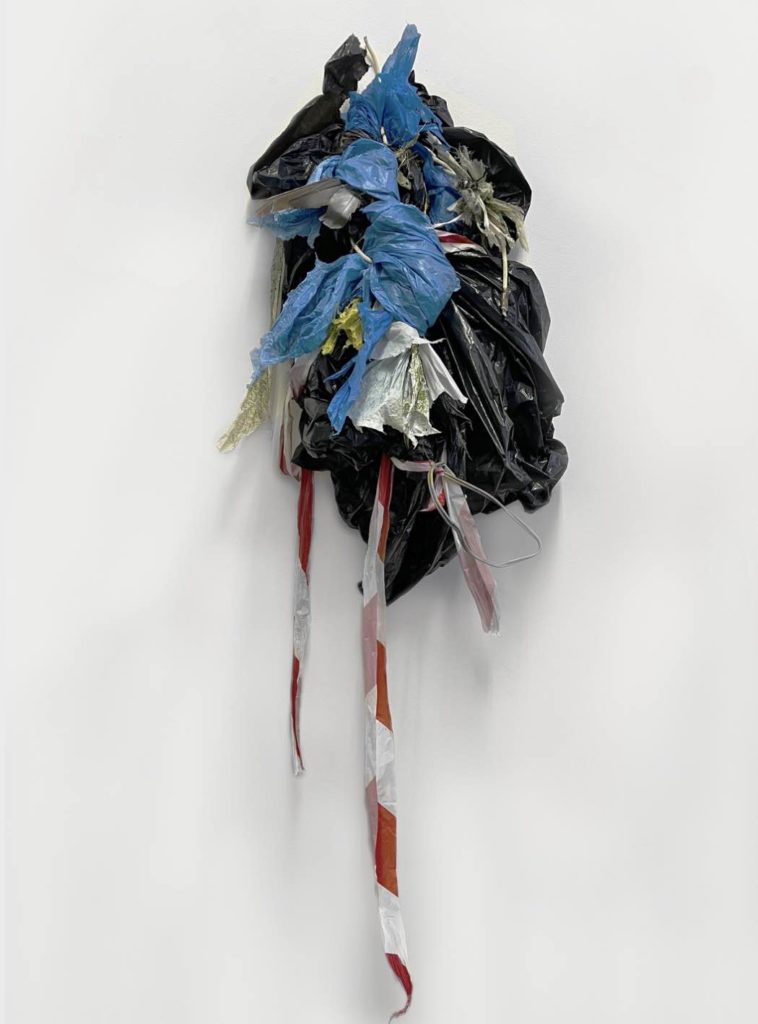
Sean Savage Ferrari works with the memories and voices embedded in the landscape he inhabits. His practice is rooted in embodied engagement with place, walking as listening, gleaning as dialogue and crafting as a process of weaving material narratives. His work explores the interconnections between environmental issues, materiality and identity, how human actions shape the landscape and how organic and industrial materials hold stories of ecological fragility and cultural power. With extensive experience of working in various indigenous contexts both in the UK and internationally, he questions dominant Western narratives of ownership and extraction. His aim for Fluid Earth is to gather materials in relation to Norfolk’s chalk rivers and coastline, creating sculptural works which reflect the hybridity of fragile ecosystems.
Sabīne Šnē
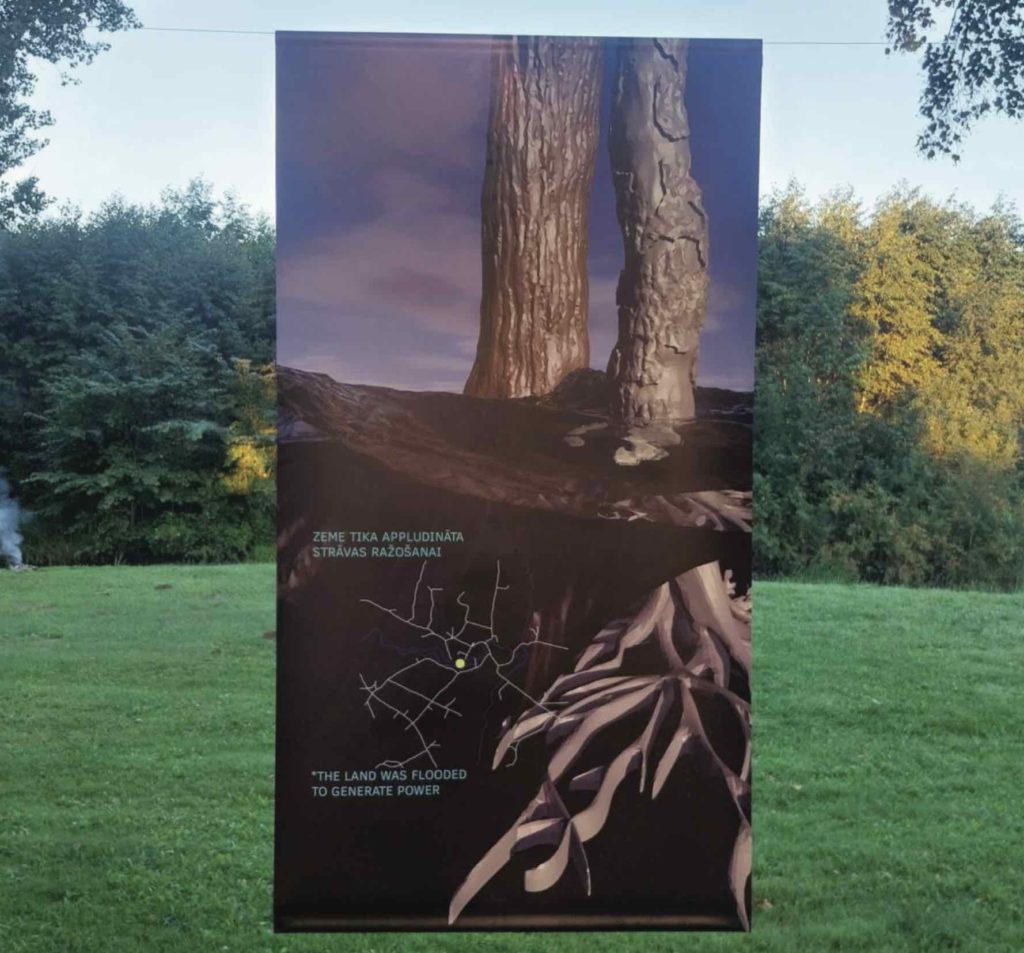
Sabīne Šnē’s artistic practice centres around multi species intelligence, interspecies relationships and the blending intergenerational knowledge, scientific research and contemporary philosophical theories. As a Latvian artist rooted in the post-Soviet and Baltic ecological landscape, Sabine brings a perspective shaped by layered environmental histories and cultural relationships to land, body and belonging, as well as by the consequences of colonisation. Sabīne is interested in decolonising processes and in extractivism not only as a practice, but as a worldview that must be unlearned. Inspired by the idea that minerals are the silent architects of our world, Sabīne intends to explore the life-cycle of minerals physically and as metaphors within broader ecoplogical systems.
Rosa Whiteley
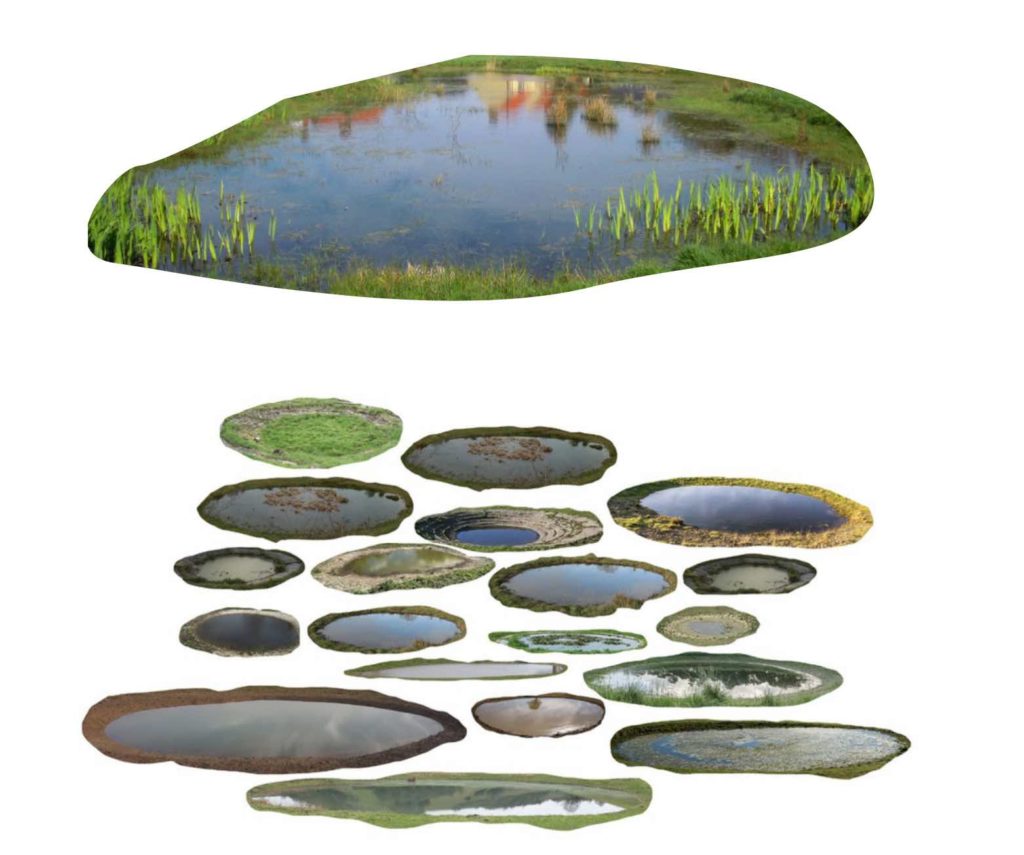
Rosa Whiteley’s practice explores the intersections of ecology, architecture and atmospheric politics examining how landscapes are shaped by human and non-human forces. Her aim is to explore water politics, considering the legacy of pre-industrial community-led methods for conserving water, such as dew ponds and how these can be reconsidered in relation to extractivism and environmental recovery Through her previous projects with Cooking Sections and CLIMAVORE, she explored alternative economies and regenerative food systems. Rosa plans to extend that research for Fluid Earth.
El Witley
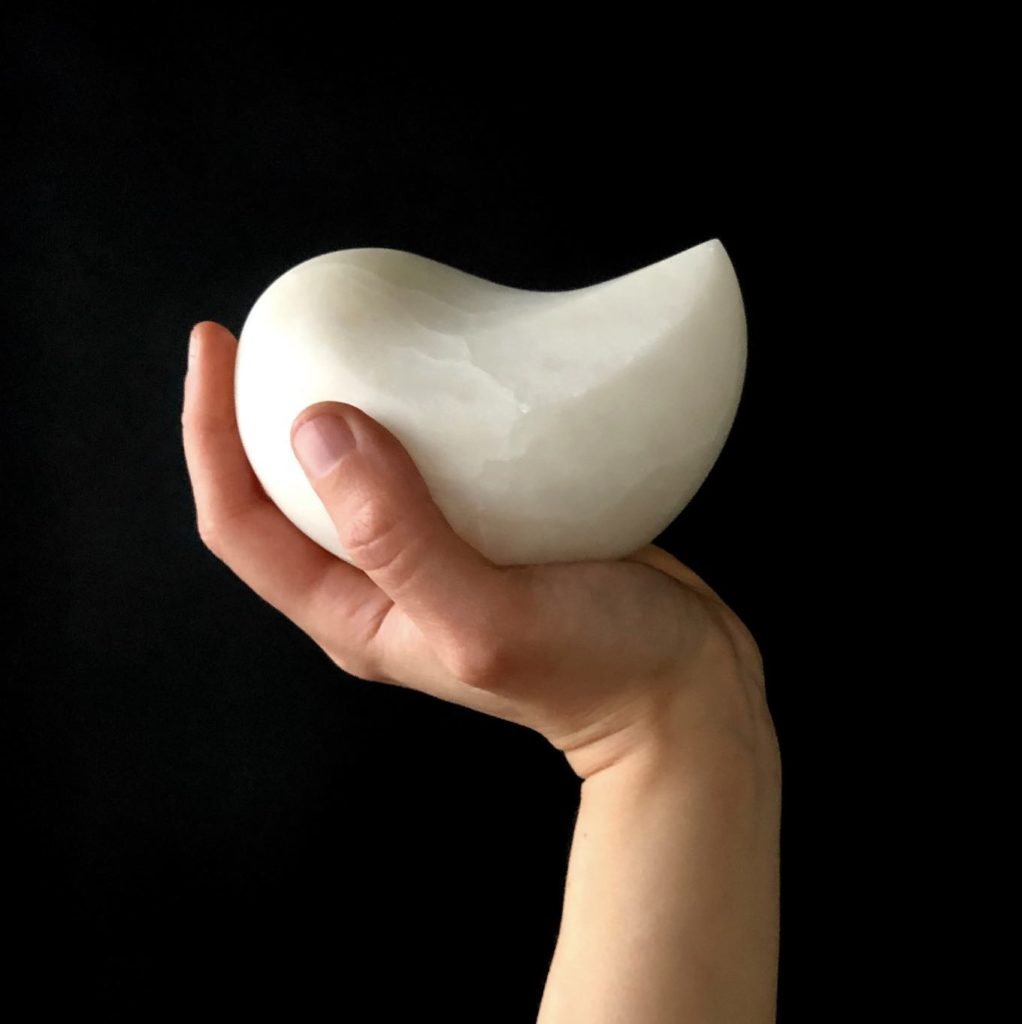
A multi-disciplinary artist originally from Hunstanton, working in print, carving, ceramics, illustration, fashion and writing, El’s practice has been shaped by coastal, liminal landscapes. As a non-binary, queer, working class person El challenges boundaries between self and other and is keen to explore themes of traces, transience and impermanence. Their aim is to explore relationships between their own body and found materials, promoting a sense of empathy for the wider landscape. As a queer person, El is conscious of ways in which capitalism, patriarchal and other extractive systems’ impact on nature is mirrored by their impact on marginalised bodies.
Michelle Wood
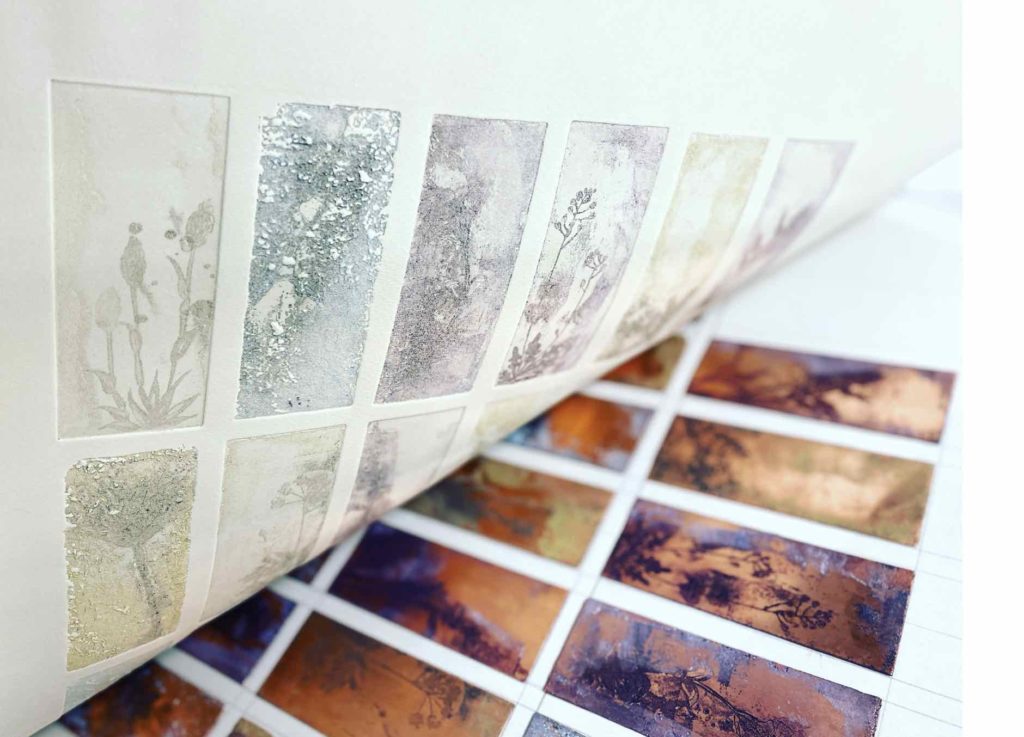
Michelle Wood’s earlier career was as an economic geographer and geography still informs her artistic practice. She is fascinated by places that are overlooked or left behind, where activity is replaced by inactivity and dereliction. Michelle uses research -based approaches, making close exploration of micro-geographies, using lenses and gathering detritus, and as such, Michelle discovers things that normally go unnoticed. Michelle has also run her own social enterprise, using her skills and insights in art to help others from disadvantaged backgrounds. For the residency she proposes to explore the dichotomy between the emotional and scientific to test some of the tenets of environmental change as highlighted for example by Stephen Buhner’s book ‘Earth Grief,The Journey into and Through Ecological Loss’, as leading to loss and disassociation with the livingness of the world.

